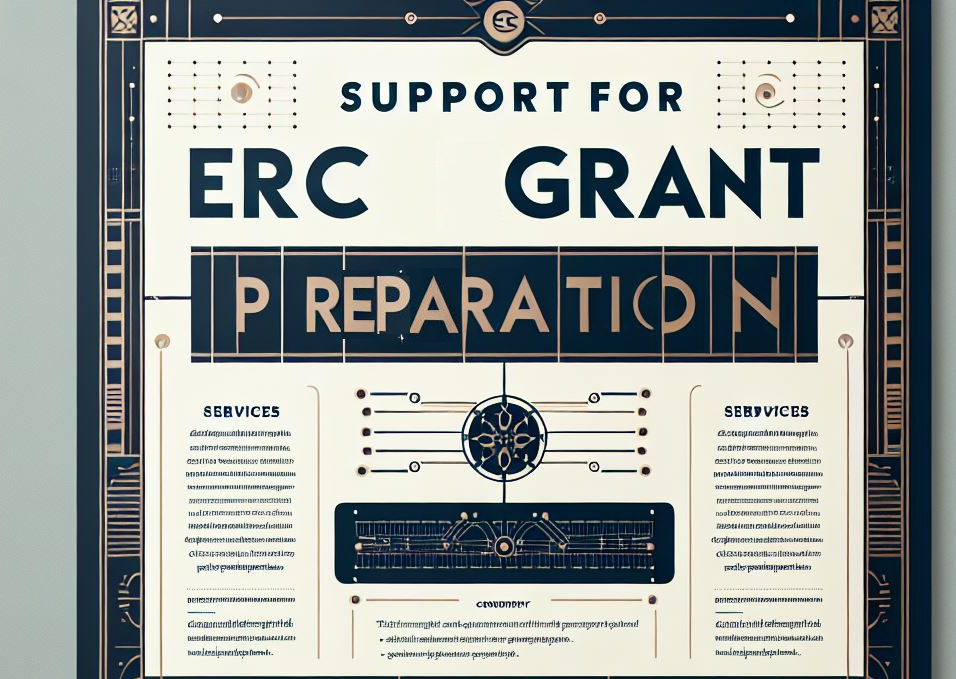Adding DOI to datasets
Adding DOI to datasets:
DOIs (Digital Object Identifier) provide a persistent and unique identifier for datasets. DOIs remain stable, ensuring long-term access to the data.
By assigning a DOI to a dataset, researchers can easily cite it in their publications, just like they would cite a journal article or a book. DOIs increase the visibility and discoverability of datasets by making them easily searchable and citable.
Many funding agencies and publishers now require researchers to make their datasets publicly available and assign DOIs to facilitate data sharing and reuse.
There are various methods to acquire a globally unique persistent identifier:
1. Publishing into an existing public repository is usually the best option for most types of data. This is because the repository will assign a globally unique persistent identifier. Generic repositories (such as Zenodo, Figshare) use versioning DOI to update a public dataset or document.
2. Create your own DOI which involves registering your content with a DOI registration agency or a DOI service provider. Some well-known DOI registration agencies include CrossRef, DataCite, mEDRA.
For more information on persistent identifiers, visit PID Forum.
Read more …Adding DOI to datasets
- Hits: 3224



